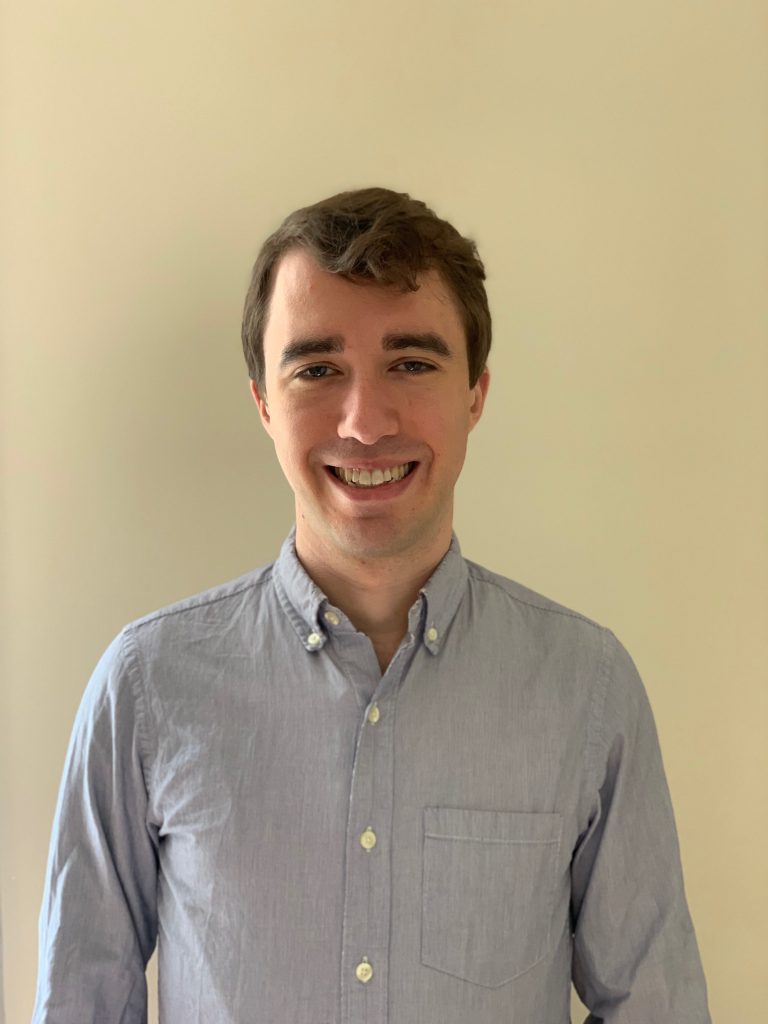Annika Dyczkowski ‘25
Features Editor
Martina Exnerova is a sophomore here at Trinity, and this past summer, she spent over two months on-campus for ecology lab work studying stoneflies: a species of insect which plays a quintessential role in stream communities. The Tripod had the opportunity to sit down with her and dive into her experience on the Tankerhoosen River.
Exnerova is originally from Nelahozeves in Central Bohemia, Czech Republic, and is pursuing a degree in biology with a minor in French studies. When asked why she wanted to pursue ecological research, Exnerova said she took a couple of classes with Professor Toscano, an Assistant Professor of Biology, specifically Evolution of Life and Invertebrate Zoology. When he announced that there was an open position in his lab, Exnerova interviewed and was offered the position.
All of her lab work was completed in the Life Sciences Center (LSC), but much of their field work was done on Tankerhoosen River, a conglomerate of streams that runs through Vernon, CT. The site is only twenty minutes from campus, to which Exnerova describes they were “lucky enough to get a site near here.”
Exnerova’s research revolved around stoneflies and the effects they have on their communities. For 10 weeks, she and other ecology research students studied the consumptive (can feed freely) vs. non-consumptive (cannot feed) effects of stoneflies on their prey communities.
The results? They concluded no difference between the two groups, and their research comparing consumptive and non-consumptive effects had inconspicuous results. When there were no stoneflies, however, they found there was more prey. “[The stoneflies] release chemical cues to let [prey] know they’re there.” Exnerova elaborates on this finding by extending that an “important aspect in ecology is to understand effects predators have on prey communities, and [the] different ways predators interact with prey.”
Although one could argue her results were rather pedestrian, Exnerova still stands by her enthusiasm for not only the research but the overall experience. The research consisted of multiple trials, so she says the work was not repetitive or mundane. “It’s nice that it wasn’t just in the lab but we also got outside.” She expresses her gratitude for the change in scenery, “it was really nice because we actually got to explore through the river.”
Exnerova had to resign from her lab duties for the fall because of other campus commitments because, in addition to the research lab with Professor Toscano, Exnerova is a member of the women’s ice hockey team, a non-active employee of Trinfo Cafe, and an employee in Sports Communications and the Equipment Room for the Athletic Office. She plans on returning to the research in the spring when she can dedicate more time to the lab. She summarizes her research from late May to late July as “always something interesting happening,” as well as being a “very calm and comfortable environment.” In the future, Exnerova concludes that she intends on going to vet school and strives to continue research with animals. “This has been a great opportunity to work in this field, and I really enjoy it; so, I might end up doing something similar in the future.”






+ There are no comments
Add yours